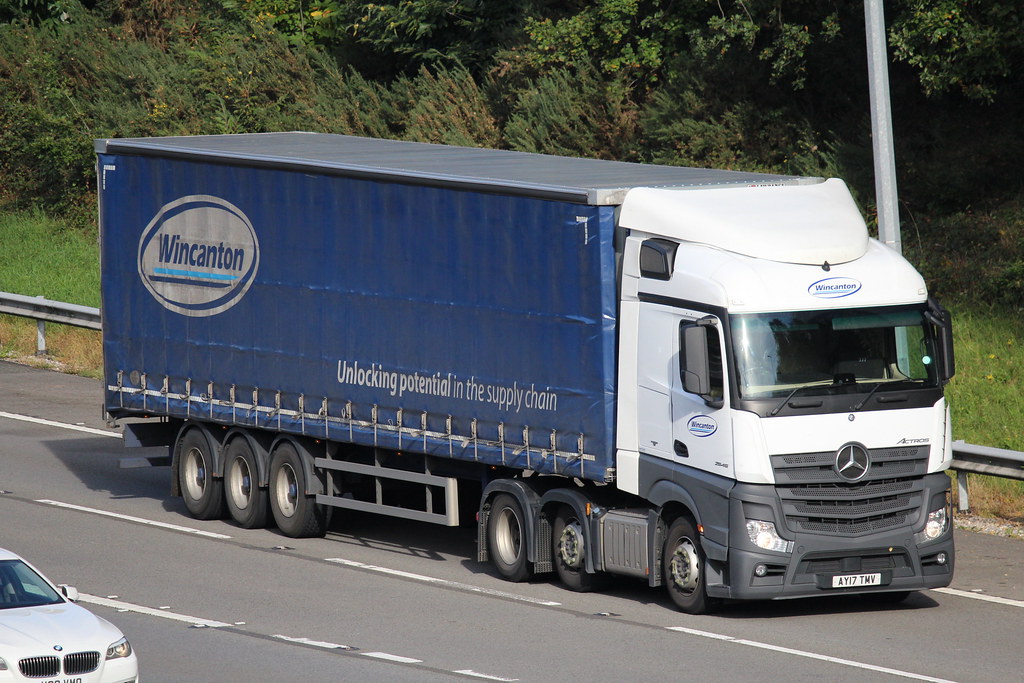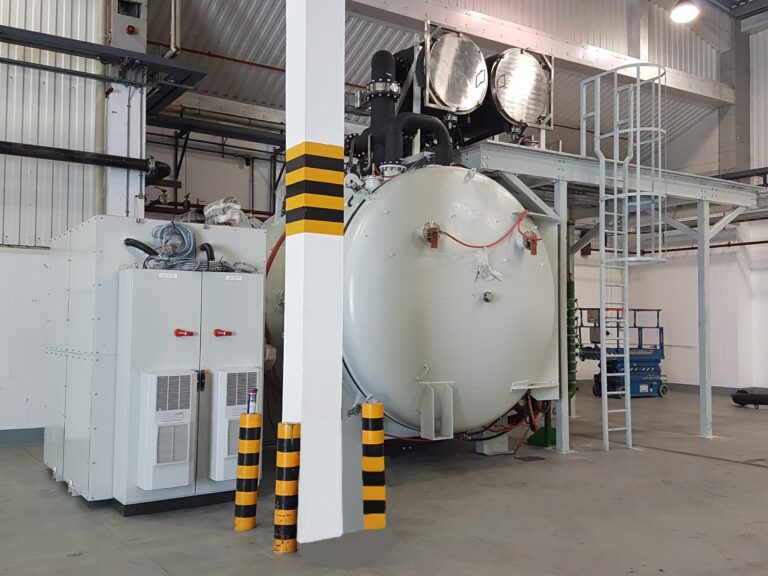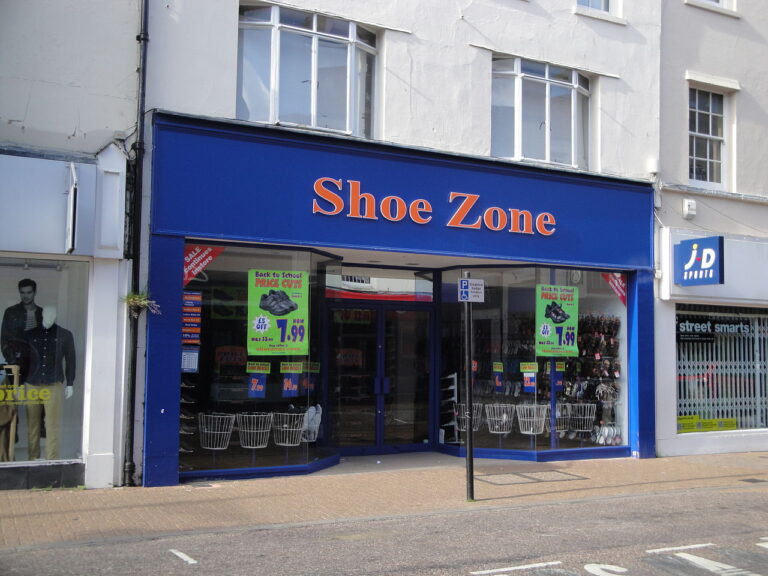Zeus believes Wincanton plc (LON:WIN) business model is attractive for these inflationary and uncertain times. Over 70% of its logistics contracts are open book, generating modest but steady margins, and with no cost or asset risk. In our view, as cost pressures bite across the UK economy, more companies, seeking to cut logistics expenses, will opt for this outsourcing route. WIN is well placed to benefit as one of the few providers of large-scale outsourcing support in the UK. Moreover, WIN’s pivot to more industrials and public services activity (vs. consumer and general merchandising) offers counter-cyclical and potentially higher margin activity. Acquisitions may add growth, and application of more automation and robotics in distribution centres should help to protect and expand margins. With recent solid full year earnings, we apply small upgrades (c.2% at PBT) and add FY25e estimates. Free cash has improved with the recovery in trading, lower capex, and better management of working capital. We predict WIN should generate c.£45m of free cash each year, after pension payments. With an improved outlook, predicted better free cash and refreshed estimates, we lift our DCF-based valuation to 480p from 450p, indicating c.24% potential upside. WIN trades on a forward PE of under 10x vs. the global supply chain sector on c.12x. The dividend yield (3.6%) is attractive.
¨ Solid full-year earnings – Results were slightly ahead of our estimates. Revenue was up 16.3% to £1.42bn (Zeus: £1.38bn). Adjusted PBT was up 23.1% to £58.1m (Zeus: £56.8m). Indeed, profit was 10% above pre-pandemic levels (FY20a: £52.8m). Inflation headwinds were partly mitigated by actions on costs, and helped by the large proportion of open book contracts in the mix. The cash position was positive with closing net cash of £3.7m before leases, and an improving free cash position allowed a final dividend of 8p taking the full year total to 12p, up 15.9%.
¨ Strategy more balanced between defensive and growth – Activity is across four broad sectors. Three are retail focused. The big two retail units are Grocery & Consumer (e.g., customers – Asda, Sainsbury and Morrisons) and General Merchandise (e.g., B&Q, Screwfix, Primark). eFulfilment (e.g., Ikea, Wickes, Waitrose) includes a two-person home delivery service (e.g., M&S Home), a shared-user warehouse operation feeding third-party home delivery networks, and an omni-channel unit which includes dark stores. The fourth vertical, Public & Industrial (P&I), offers some counter-cyclical balance, in our view. Sub-units include infrastructure (e.g., EDF, Alstom), defence (e.g., BAE Systems), and government departments such as HMRC and DHSE. Wincanton no longer discloses margins by division but we believe P&I generates the highest margins, reflecting the complex nature of many of the project activities supported.
¨ Contract configuration is positive in an inflationary environment – 72% of current contracts are multi-year and open book. These operate mainly on a fixed fee basis – we believe set at between 1.5%-2.5%, which is added to the cost of operations. Hence cost risk is carried by the customer. That said, the fee to WIN may vary with volumes handled, as this impacts on the costs incurred. Assets (e.g., trucks and warehouses), investments to support operations and IT systems, tend to be retained by the customer. Hence, these contracts are low risk to WIN but also offer thin margins (albeit with a high ROIC). Upside to fees may come with service bonuses or gain share arrangements, or from selling specialist services such as insurance. There is some risk around the renewal of contracts. We believe c.30% of open book contracts are renegotiated each year (i.e., the average contract length is c.3 years). Management state that generally they retain agreements on similar terms; margins are already thin and many customers, once committed to using outsourced logistics, are unwilling to take back in-house activity for limited potential savings, and the hassle. We note that the market for outsourced logistics has become more concentrated in recent years. WIN only really competes against GXO Logistics (GXO: US) and DHL (DPW: GR) in the UK market for large, outsourced contracts. On the volume side of WIN’s business, closed book contracts (28% of the total) carry revenue and cost risk, but also offer more potential upside in tight markets. Wincanton has reported that it has been able to negotiate healthy price increases with many customers but cost pressures, particularly with employees, is a concern.
¨ Zeus estimates and valuation – Forecasts are set out in detail in this note. We expect sales growth at CAGR of 4% FY23e-FY25e but PBT to rise more quickly (CAGR c.6.5%) with efficiencies and a more favourable business mix. Free cash should continue to improve with an annualised run rate c.£45m before capex and dividends. Cash pension payments are likely to fall in later years given the improved position of the main scheme. Our DCF-based valuation is lifted to 480p from 450p, indicating c.24% potential upside.











































